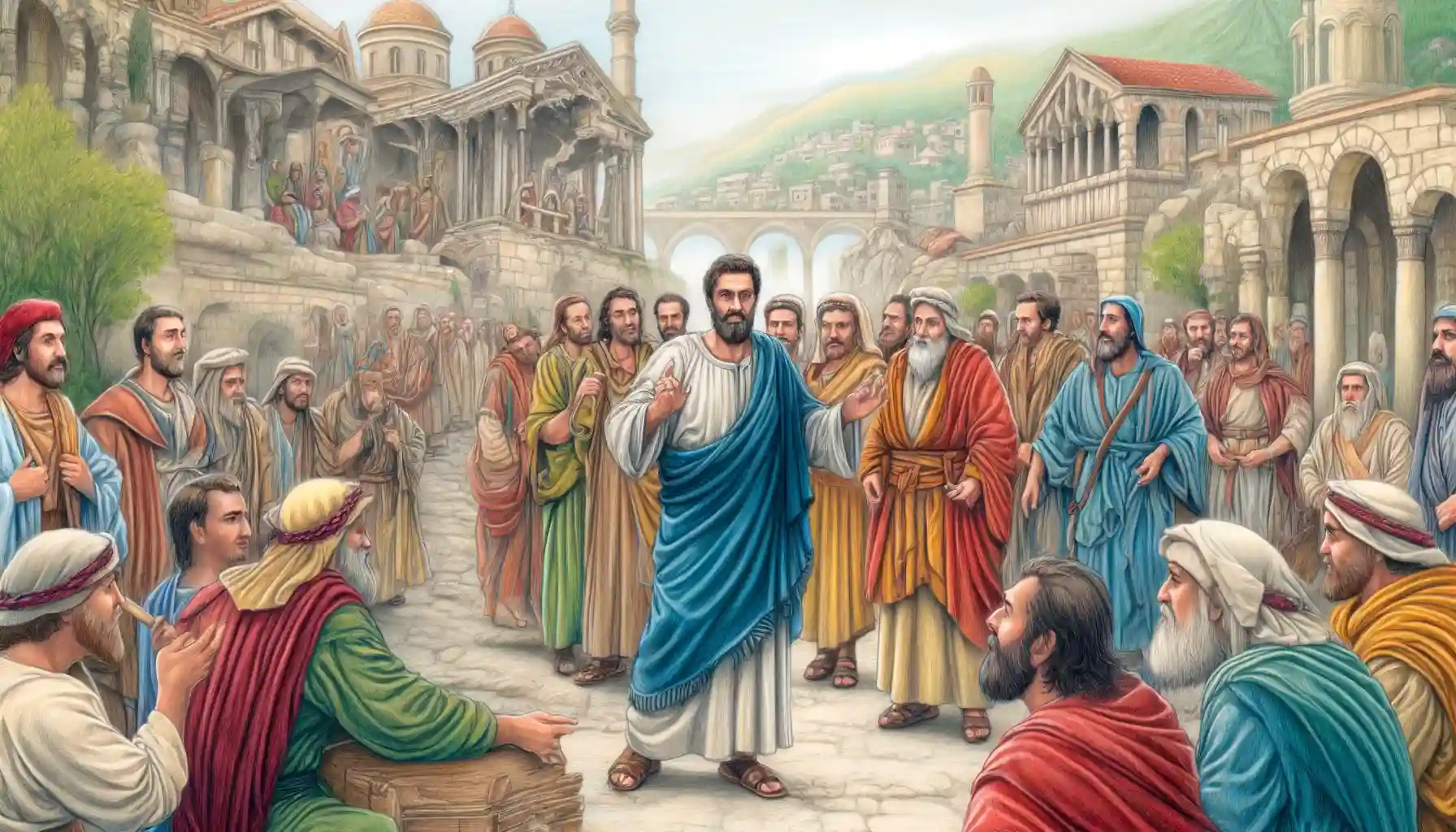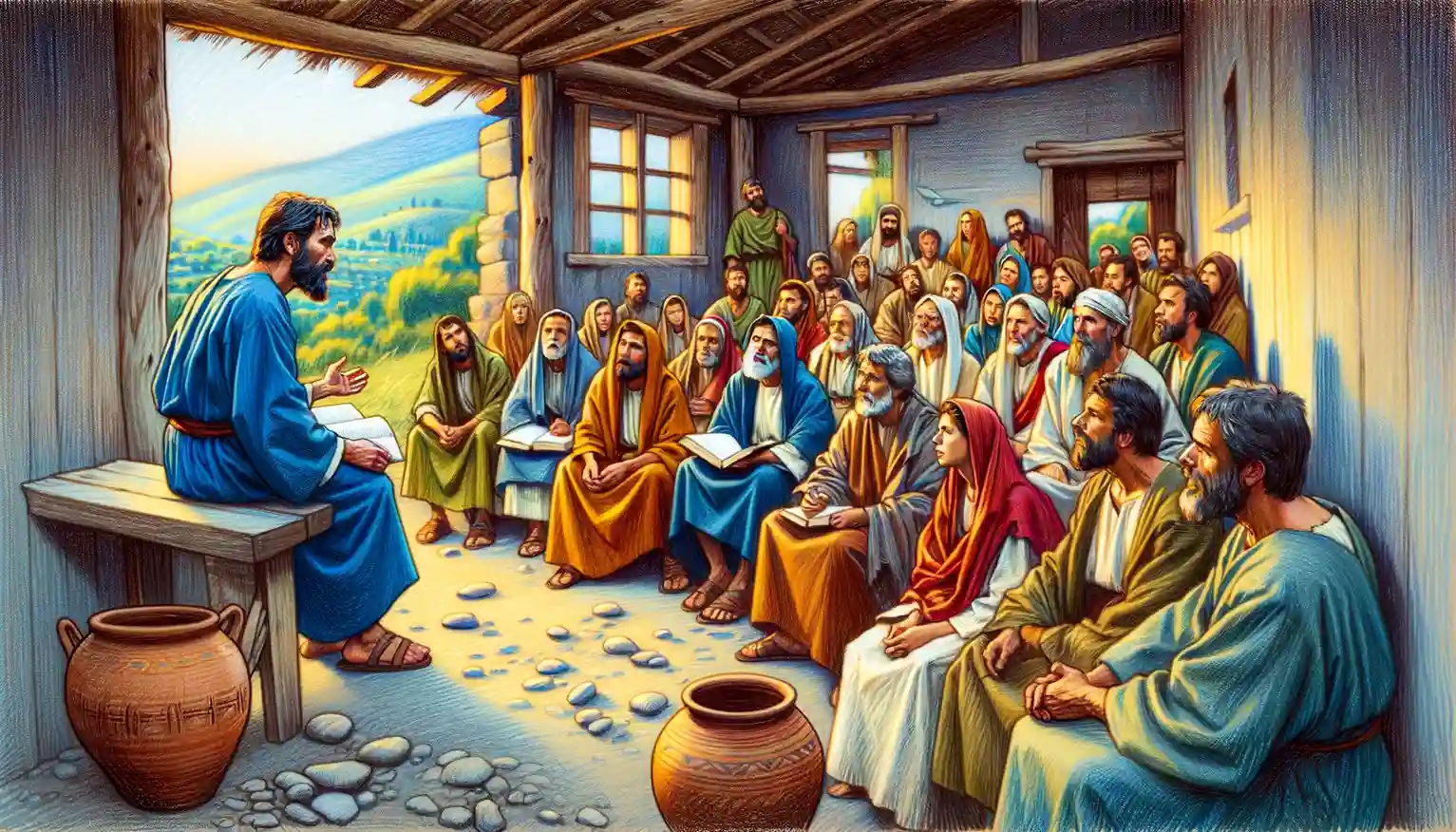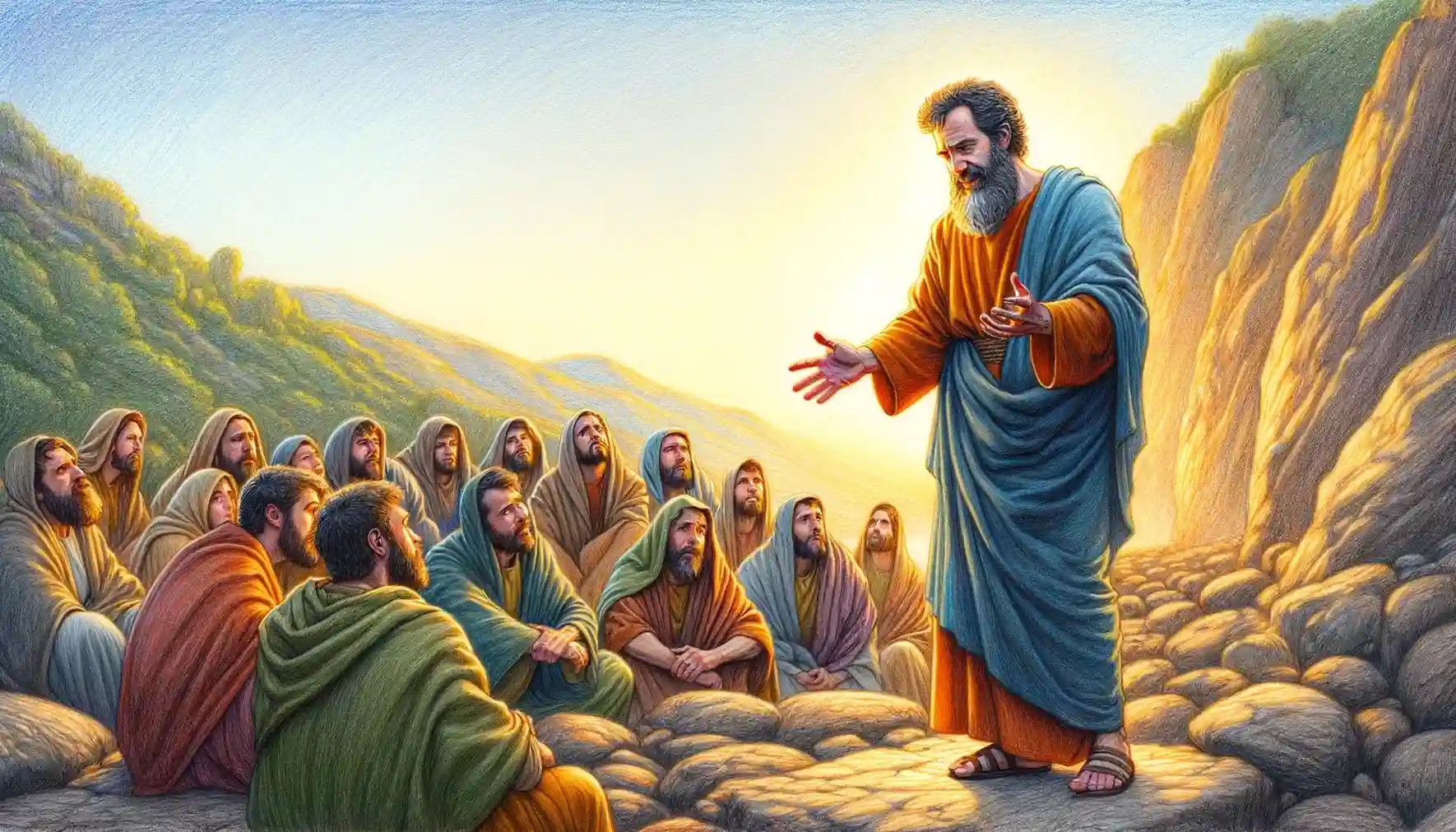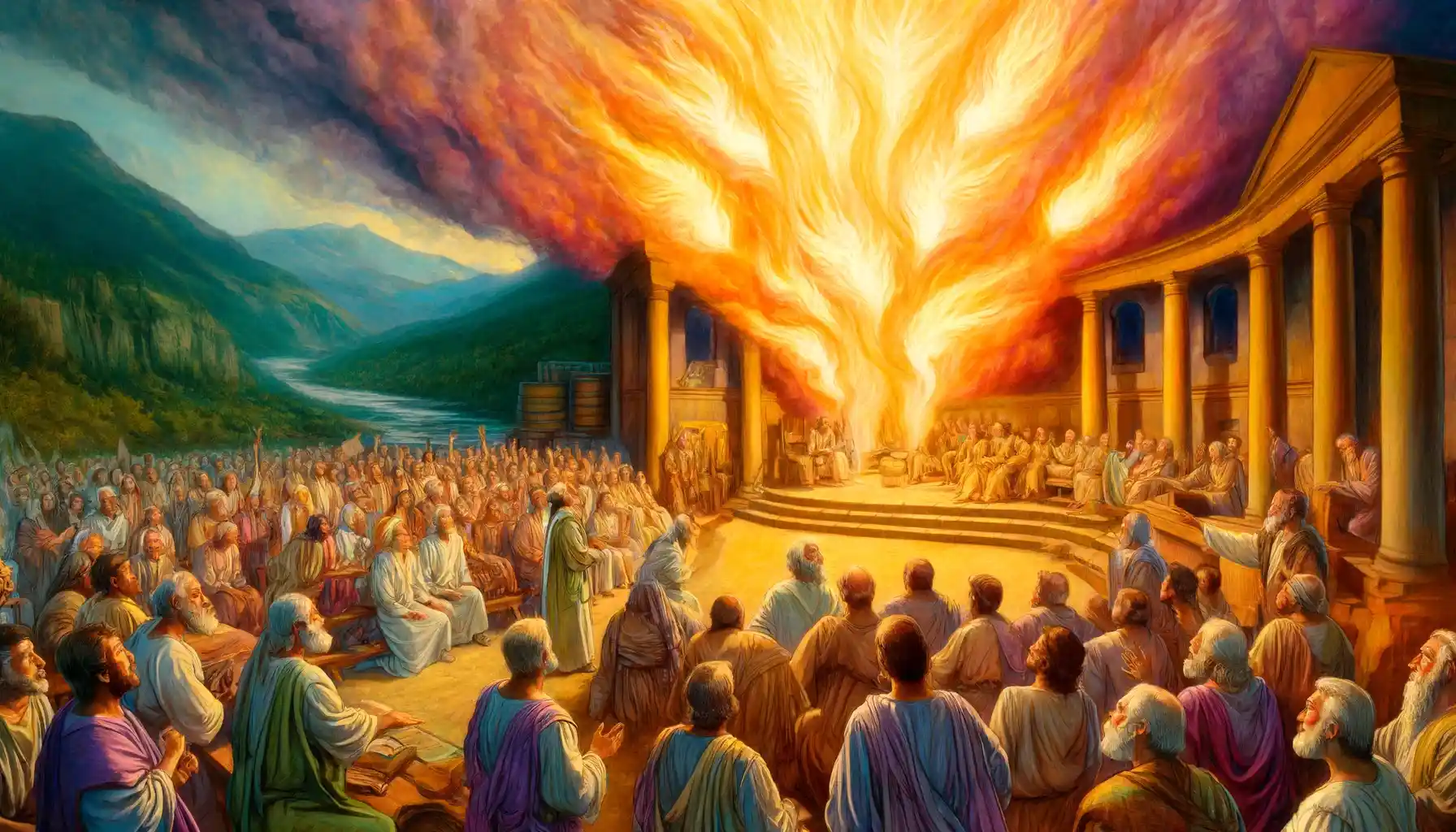Paul’s first missionary journey, undertaken with Barnabas and John Mark, marked a foundational moment in the spread of early Christianity as they traveled from Antioch to Cyprus, Pisidian Antioch, Iconium, Lystra, and Derbe, preaching the Gospel, performing miracles, facing persecution, and establishing new churches, thereby demonstrating the transformative power of the Gospel and the inclusivity of God’s salvation plan.
The Thessalonians, addressed in the New Testament through First and Second Thessalonians, were an early Christian community in Macedonia’s city of Thessalonica, facing persecution and doctrinal challenges while exhibiting remarkable faith and resilience under the apostolic guidance of Paul.
The Antichrist, as prophesied in Daniel 7:23-25, 2 Thessalonians 2:3-4, and Revelation 13, is depicted as a blasphemous global leader who rises to unparalleled power, opposes divine authority, and persecutes the faithful, heralding a period of profound tribulation and deception before the ultimate victory of God’s kingdom.
The Book of 1 Peter offers enduring encouragement and exhortation to persecuted believers, emphasizing their identity in Christ and calling them to live holy lives, rooted in hope and grounded in the grace of God.
The Book of 2 Thessalonians offers further clarification on eschatological matters, encouragement for believers to stand firm amidst persecution, and practical instructions for orderly Christian living within the context of Paul’s pastoral care for the Thessalonian church.
The Book of Acts is vital for understanding the development of the early Christian church and its teachings, serving as both a historical document and a theological treatise.






